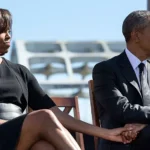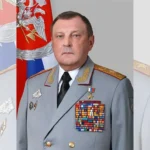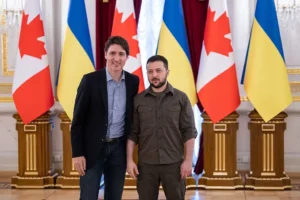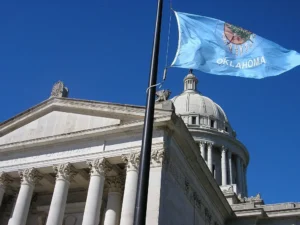This was the third time that the United States used its veto power since the war began on October 7.
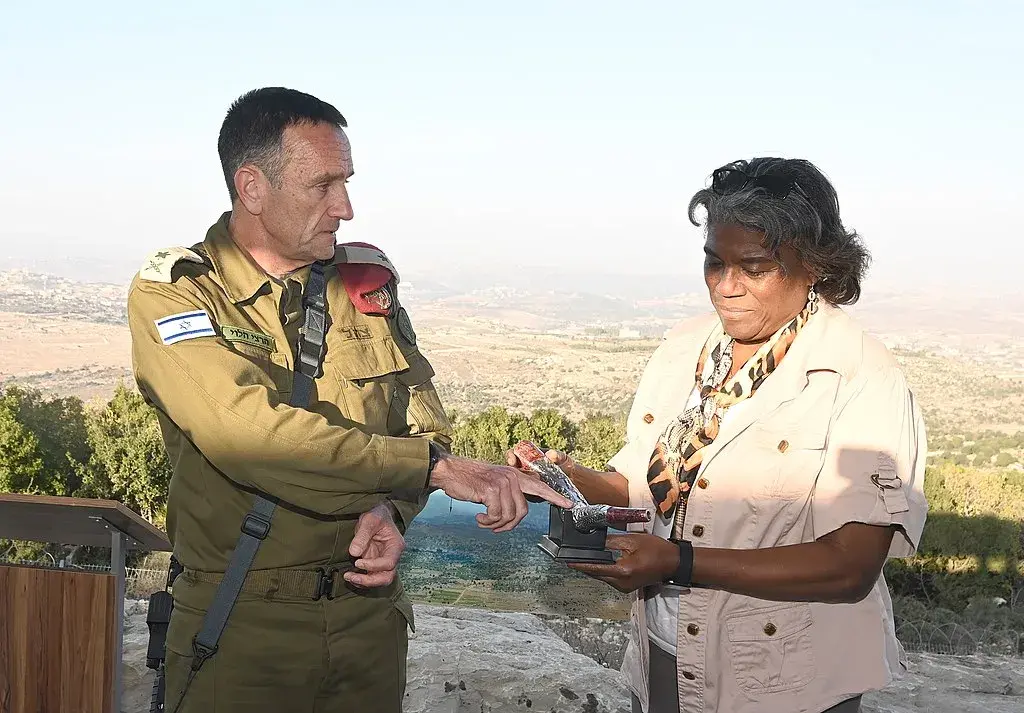
The United States vetoed a draft resolution by the United Nations Security Council that aimed to end the war between Israel and Hamas with an immediate humanitarian ceasefire.
The draft, which was prepared by Algeria, received the support of thirteen Council members, while Great Britain abstained. This was the third time that the United States used its veto power since the war began on October 7.
Algeria’s UN ambassador, Amar Bendjama, said before the vote that supporting the draft resolution meant backing the Palestinians’ right to live. He added that opposing it implied endorsing the harsh violence and collective punishment that they faced.
The US UN ambassador, Linda Thomas-Greenfield, explained on Saturday that the United States rejected the draft resolution because it could endanger the talks between the United States, Egypt, Israel and Qatar, who were trying to reach a deal to pause the war and free the hostages held by Hamas militants in the Gaza Strip.
She said that the Council should only take actions that would facilitate, not obstruct, these sensitive negotiations. She also said that the current draft resolution would have a negative effect on them.
She argued that asking for an immediate and unconditional ceasefire without an agreement that would compel Hamas to free the hostages would not result in lasting peace. Instead, it could extend the conflict between Hamas and Israel.
The United States then presented an alternative draft resolution that proposed a temporary ceasefire in the war between Israel and Hamas and opposed a large-scale ground attack by its ally Israel in Rafah, according to the text obtained by Reuters. The committee said it would allow time for negotiations and would not hurry to a vote.
The US proposal emphasized the agency’s “support for a temporary ceasefire in Gaza as soon as possible.” The draft also “stated that, given the current situation, a large-scale ground attack in Rafah would harm more civilians and displace more civilians, possibly to neighboring countries.”
“It would have serious implications for regional peace and security and therefore stressed that a ground attack of such size should not be carried out under the current situation,” the text continued.
It is still unclear when the draft resolution will be voted on.
The United States has been hesitant to use the word ceasefire in any UN action on the war between Israel and Hamas, but the US text reflected the words that President Joe Biden used last week in his conversations with Israeli Prime Minister Benjamin Netanyahu.
According to the US draft resolution, the Security Council “underscored its support for a temporary ceasefire in Gaza as soon as practicable, based on the formula of the release of all hostages, and urged the removal of all obstacles to delivering humanitarian aid on a large scale.”
The resolution drafted by Algeria and vetoed by the United States did not connect the ceasefire to the release of the hostages. It separately called for the stop of hostilities and the immediate and unconditional release of the hostages.
On the other hand, on Monday 26 of the 27 EU countries agreed to a call for an “immediate humanitarian pause” in Gaza, announced by the head of the bloc’s Foreign Policy, Josep Borrell. The only country in the bloc that did not join was Hungary, a strong supporter of Israel that has often declined to join EU statements that were seen as critical of the country.
Borrell acknowledged Israel’s right to defend itself but noted “the importance of ensuring the protection of all civilians at all times, in accordance with International Humanitarian Law, and respecting the ruling of the International Court of Justice of January 26, which is legally binding.”



